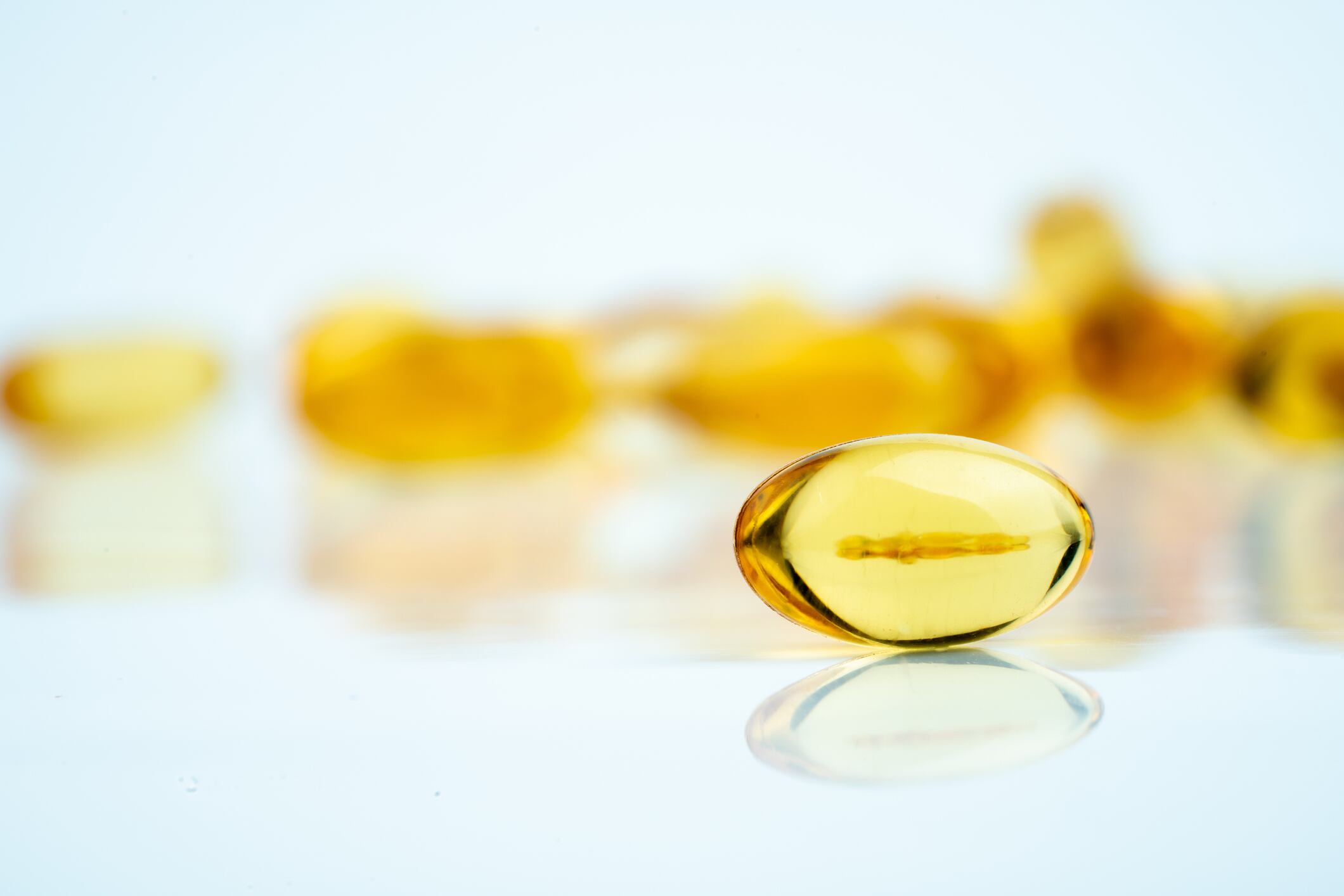Major depressive disorder, or depression, is the most common psychiatric disorder. Around one in six individuals will experience at least one depressive episode in their lifetime. However, antidepressant treatment fails in about one-third of patients.
A number of previous studies have suggested that omega-3 PUFAs may help treat depression but the mechanisms underlying these potential therapeutic properties have remained unknown.
A recent study, published in Molecular Psychiatry, utilised stem cells from adults with a clinical diagnosis of depression, to try to better understand how the brain works and why some people respond to drug treatment for depression, while others do not.
Researchers from the University of Illinois at Chicago (UIC) tested the effects of fish oil and reported that it mimics the effects of some antidepressants by increasing production of neurotrophic factors.
Skin cell model
The researchers used skin cells from adults with depression that were converted into stem cells at Massachusetts General Hospital and then directed those stem cells to develop into nerve cells. The skin biopsies were taken from two types of patients: people who previously responded to antidepressant treatment and people who have previously been resistant.
When fish oil was tested, the models from treatment-sensitive and treatment-resistant patients both responded.
Prof Mark Rasenick, UIC distinguished professor of physiology and biophysics and psychiatry at the College of Medicine and principal investigator of the study, says the response was similar to that seen from prescription antidepressants, but it was produced through a different mechanism.
"We saw that fish oil was acting, in part, on glial cells, not neurons...
"For many years, scientists have paid scant attention to glia - a type of brain cell that surrounds neurons - but there is increasing evidence that glia may play a role in depression. Our study suggests that glia may also be important for antidepressant action.
"Our study also showed that a stem cell model can be used to study response to treatment and that fish oil as a treatment, or companion to treatment, for depression warrants further investigation."
Source: Molecular Psychiatry
Jiang-Zhou Yu, Jennifer Wang, Steven D. Sheridan, Roy H. Perlis, Mark M. Rasenick.
"N-3 polyunsaturated fatty acids promote astrocyte differentiation and neurotrophin production independent of cAMP in patient-derived neural stem cells."




